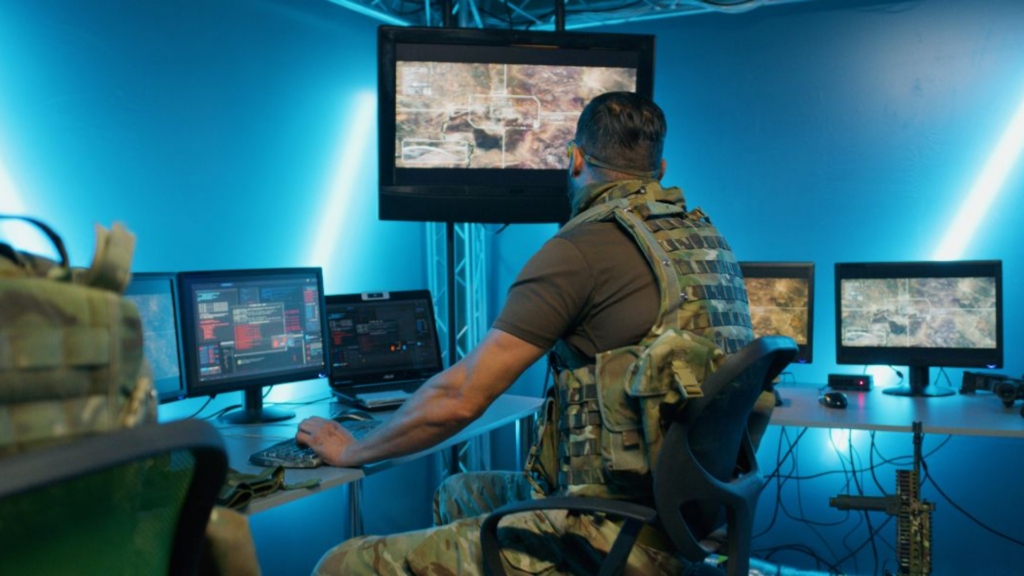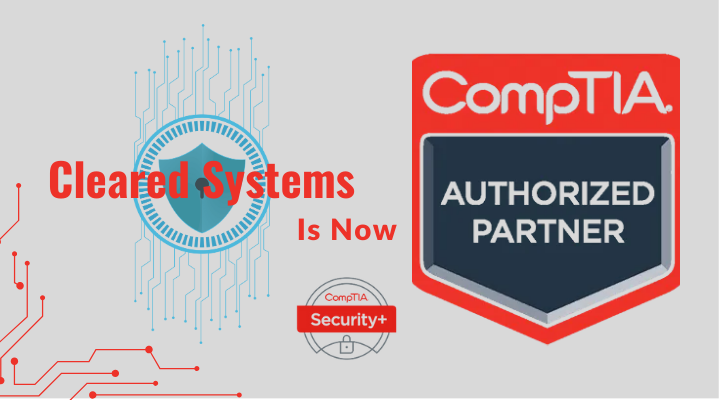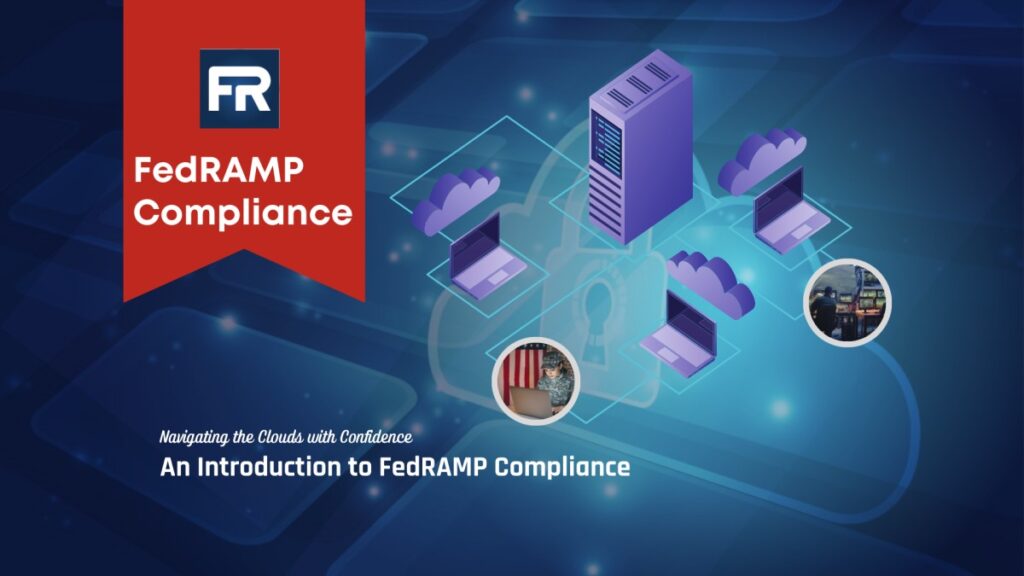Engaging in ITAR-controlled activities or dealing with ITAR controlled items may require licensing or authorization from the DDTC. A foreign person shouldn’t access or export ITAR-controlled items without prior proper authorization or licensing by the Department of State. However, a specific ITAR license depends on the nature of the export transaction, with different requirements for temporary and permanent exports. Manufacturing License Agreements (MLAs) and Technical Assistance Agreements (TAAs) are also part of ITAR authorizations. Each license type requires a unique set of data points collected by the DDTC through its DTrade application process. This includes documentation like Transmittal Letters, which detail the transaction, including end use, end user profile, and the final disposition of the item. Therefore, data requirements are tailored to the specific license or authorization being used.
What is ITAR?
The ITAR is a US regulation that governs the export of defense-related technology transfers and defense services. The regulation also governs permanent and temporary export and temporary import of defense articles listed on the USML. Manufacturers, importers, temporary importers/exporters of defense articles/services must obtain ITAR licenses prior to engaging in those activities. Brokers, and distributors of ITAR controlled defense articles may also under certain circumstances have to obtain ITAR licenses. Individuals or companies like cloud service providers that handle ITAR-controlled technical data also need to attain ITAR compliance.
Technical data includes, but is not limited to, flowcharts, blueprints, test data, schematics, and patented data used for upgradation, manufacturing, modifying, or maintaining a defense article. This ensures that sensitive information and technology do not fall into the wrong hands, thereby protecting national security. Essentially, a license is a regulatory measure that helps maintain international peace and security through control of export and import of ITAR-controlled items and services. It is a critical component in the US Foreign Policy and global defense trade, ensuring military technology is handled responsibly.
Registration Under ITAR
Before licensing, manufacturers, brokers, exporters, and temporary importers of defense services and/or articles must register with the DDTC. Even if a manufacturer of a defense article doesn’t export, registration is still required under the ITAR. In order to comply with the ITAR, US companies dealing with defense services, technical data, or items listed under the USML must understand and adhere to the requirements of the ITAR. This includes obtaining the necessary ITAR Licenses, which involves a registration process that confirms the company has a written compliance program in place.
When Is an ITAR License Required?
Are you planning to export or temporarily import defense articles defined by the ITAR? Do you plan to offer defense services relating to the significantly strategic items for military and defense intelligence requirements in the the USML? Then, you must first obtain an ITAR license. US companies exporting or importing defense items, even temporarily, must obtain an ITAR license or exemption. Similarly, any foreign company that owns such hardware or data or has been trained to service US ITAR equipment must secure a Retransfer/Reexport ITAR license. This license is required before transferring to a party not previously included in the US exporter’s ITAR license.
Under the AECA (22 USC 2778), persons engaged in the business of brokering activities are required to register and pay a registration fee. Furthermore, no person may engage in the business of brokering activities without a license issued in accordance with the Act. This applies to any US person, any foreign person located in the US, or any foreign person located outside the US where the foreign person is owned or controlled by a US person. The brokering activities apply equally to those defense articles and defense services. Since ITAR implements the AECA, brokerage of certain items or services may require licensing.
Types of ITAR Licenses
There are 4 main types of ITAR Licenses. However, it is worth noting that the type of license required depends on the kind of transaction a contractor seeks to engage in, and can either be;
Classified Export or Temporary Import License (DSP 85)
While most of the defense articles and services under ITAR are predominantly unclassified, some of them are classified. Therefore, entities dealing with classified defense services and articles must have DSP 85 license to engage in transactions subject to ITAR. This license is a one-size-fits-all for permanent exports, temporary imports, and temporary exports of classified ITAR items and activities. However, only one kind of transaction can be made per form. This is a significant deviation from the unclassified licensing forms where unique applications are used for every transaction type.
To obtain a DSP 85 license, the applicant must register with the DDTC and complete an application on DECCS portal. They also must submit all the supporting documents, such as purchase orders and end-use/user statements, among others. Applicants should carefully fill in the details because, unlike in other Licenses, DSP 85 doesn’t have a specific amendment form. Where amendments are required, the applicant has to submit a new DSP 85 application and an accompanying transmittal letter explaining it. If stuck, an applicant can refer to DDTC guidance or contextual help within the DECCS licensing application. After the DSP 85 license application is submitted, the government typically requires 60 to 120 days to make a decision. This time frame is necessary for the thorough evaluation of the application. However, you should note that actual processing times may vary.
Temporary Export License (DSP 73)
This ITAR license is used for temporarily exporting unclassified defense articles. Persons or entities can use a DSP 73 license for:
- Demonstrating the material processing of a defense article
- Repairs to a defense article
- Exhibiting a defense article at a public trade show
- Evaluating the form or fit of a defense article; and
- Showcasing defense items.
However, any DSP 73 license application should clearly identify why a temporary export is required and also describe what roles each party to the transaction plays. Such information may be provided in an explanation letter or Block 23. Additionally, brochures and technical data on the defense articles requested must be provided. Generally, an application for a DSP-73 license must be limited to a single geographical region. Therefore, all parties listed on the application must be located in the region specified. DSP 73 license applications should be tailored to the transaction requested. Thus, any deviation needs to be explained in a transmittal letter. Since DSP 73 doesn’t allow for the export of technical data, a separate DSP 5 permit must be obtained if demonstration/marketing to identified end-users will exceed information on the public domain and release technical data.
Temporary Importation License (DSP 61)
Any person or organization must apply for and obtain a DSP 61 license before temporarily importing an unclassified defense article into the US. This ITAR License can also be used for unclassified defense articles transiting to a third country via the US. However, there must be documentation verifying the purchase and the intended end-use, price, and user. A DSP-61 license is also required when US goods previously sold to a foreign person but being returned to the US for improvement, upgrades, repairs, or any form of modification.
You’ll also need a DSP-61 license to temporarily import defense articles manufactured abroad into the US for exhibitions, demonstrations, or trade shows. However, this license application must be backed by documents from the US entity accountable for the defense articles, and documents from the US party who requested the demonstration. A DSP 61 license is also required for transactions relating to military exercises at US bases or ranges. However, the license application should be backed by documents from the foreign government, clearly identifying their participation in the exercise. The application should also specify the name of the military exercise. Any exceptions to this, must be detailed in an explanatory letter outlining the circumstances.
Either way, the importer of record must first register with the DDTC before submitting a license application request. Additionally, the application must be signed by the importing company’s ITAR-empowered official. The holder of a DSP-61 license must keep it active. They should return it to the DDTC once all items are back in their origin country, the license expires or is no longer needed. All entries or exits of articles must occur within the license’s validity period. Initial DSP 61 applications require supporting documents. To ammend or update a DSP-61 License, you should complete and submit form DSP-62.
Permanent Export License (DSP 5)
This is a Permanent Export license. Any person planning to permanently export an unclassified defense item on the USML must first obtain a DSP 5 license. Items exported under this license are not expected to return to the United States. Organizations or persons can also use a DSP 5 ITAR license for the purposes of exporting unclassified technical data for the sale of software, marketing activities, and offshore procurement. Any organization dealing with ITAR-controlled activities wants to employ a foreign national, they also should obtain a DSP 5 license. Additionally, a contractor may, under limited circumstances, use a DSP 5 license to perform limited unclassified defense services. However, this is on an exception basis.
Several requirements must be fulfilled before a company applies for a DSP 5 license. First, it must be registered with the DDTC in line with the ITAR. Second, the ITAR Empowered Official must append their signature to the DSP 5 license application. The applicant must then pay the application fee and submit the supporting documentation. License processing may take 2 months at a minimum, with either of the following three outcomes: Approval, Denial, or Return Without Action (RWA). A DSP 5 license is valid for 4 years. The applicant must maintain the export license during this period and return it to the DDTC when the authorized value has been shipped, the license has expired, no further shipments are to be made, or the DDTC has requested.
Other Licensing Forms
DS6004-Retransfer Requests
If a foreign entity or person is in possession of a defense article or technical data subject to ITAR, they must first obtain ITAR approval before they can permanently or temporarily reexport or retransfer the defense article or technical data. This also applies to parties trained to perform services on US platforms but want to offer the service to an entity besides those listed in the original ITAR authorization. Reexport and retransfer applications are usually made by filling out form DS6004. US or foreign parties can file these requests, and upon submission, their processing may take between 1-3 months.
DS4294-Broker Authorizations
Brokering under ITAR refers to any action a company may take on behalf of another that may facilitate, import, export, transfer, and manufacture foreign or US-origin defense articles listed on the USML. It isn’t same as exporting and doesn’t involve any export of technical data or defense articles. Brokers are required to register with the DDTC, and for some activities, prior approval must be obtained before engaging in the brokering activity by filling out form DS4294. When required, broker licensing may take 2-4 months from the date of application.
Conclusion
Navigating the complexities of ITAR compliance can be a daunting journey. It demands a nuanced understanding of regulatory intricacies, meticulous documentation, and a commitment to meeting stringent standards. At Cleared Systems, we recognize the challenges inherent in this process and offer a reassuring hand to guide you through them. Our team of compliance consultants stands ready to provide expert assistance, ensuring a seamless path to obtaining your ITAR license. Whether you’re delving into the intricacies of import, export, or temporary import licenses, grappling with Reexport or Retransfer requests, or trying to understand or draft ITAR agreements, Cleared Systems is your dedicated partner. Let us shoulder the burden, making ITAR compliance a streamlined and stress-free experience for you. Reach out to us today, and let’s embark on your ITAR compliance journey together.
Share in Social Media
See More Case Studies

Securing Defense Contracts: A DFARS 252.204-7012 Compliance Case Study
Discover how Cleared Systems helped a Federal Contractor successfully achieve DFARS 252.204-7012 compliance by strengthening its cybersecurity posture, giving it a competitive edge when bidding for DoD Contracts.

What is GCC High?
Microsoft 365 Government Community Cloud (GCC) High is a specialized cloud solution tailored for U.S. federal, state, local, tribal, and territorial government organizations, as well as for contractors who hold or process data subject to specific security regulations. In this article, we will explore the features, benefits, and differences between Microsoft 365 GCC High and other Office 365 offerings.

Cleared Systems is Now a CompTIA Authorized Partner!
Is Your Workforce DoD 8570 Ready? The DoD Cyber Workforce Framework (DCWF) mandates that all personnel with access to DoD information systems possess a baseline

Cybersecurity Risk Management: Benefits, Frameworks, Processes & Best Practices
In today’s hyper-connected world, organizations of all sizes operate within a complex digital landscape teeming with opportunities and, unfortunately, vulnerabilities. This interconnectedness reveals one uncomfortable

Navigating the Clouds with Confidence: An Introduction to FedRAMP Compliance
Gone are the days of bulky servers and dusty storage rooms. Cloud technology has revolutionized data management, offering agility, ease of use, scalability, convenience, and
Partner with Us for Compliance & Protection
We’re happy to answer any questions you may have and help you determine which of our services best fit your needs.
Your benefits:
- Client-oriented
- Security
- Compliance
- Peace of mind
- Efficiency
- Trust
What happens next?
Schedule an initial meeting
Arrange a discovery and assessment call
Tailor a proposal and solution
